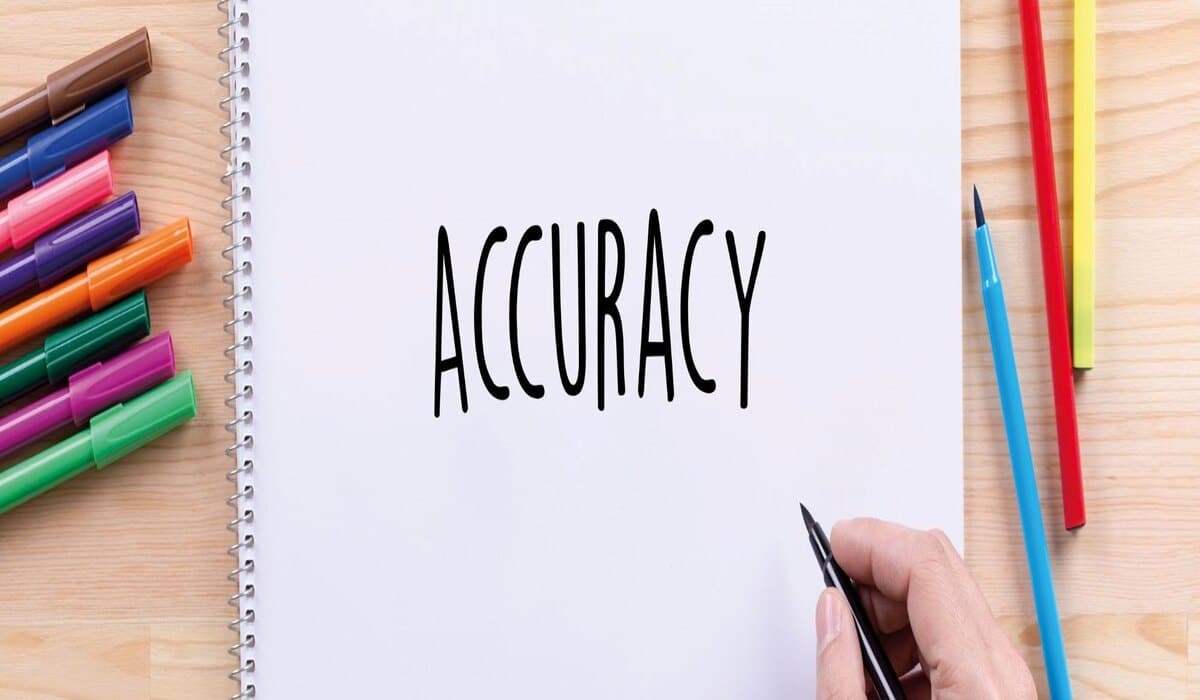
The demand for accurate and reliable medical translations is on the rise. Medical professionals, researchers, and pharmaceutical companies often require their documents, studies, and reports to be accurately translated to communicate effectively across different languages and cultures. However, medical translation is a specialized field that requires a thorough understanding of both medical terminology and linguistic nuances.
Whether you are a translator or a client in need of medical translation services, here are 10 essential tips to help you prepare for the process:
1. Understand the Importance of Accuracy

Medical translations deal with critical information that can impact patient care, research outcomes, and regulatory compliance. It’s essential to prioritize accuracy above all else. A small mistranslation could lead to misunderstandings, errors in treatment, or legal issues. Both translators and clients should be aware of the potential consequences of inaccurate translations.
2. Choose a Qualified and Specialized Translator
Medical translation is a complex field that requires a deep understanding of medical terminology and concepts. When selecting a translator, ensure they are not only fluent in the target language but also have a background or training in medicine. Look for certifications, relevant experience, and a proven track record in medical translation.
3. Provide Comprehensive Source Materials
For accurate medical translations, the translator needs complete and comprehensive source materials. Further, This includes medical reports, studies, manuals, drug information. As well as, any context that can aid in accurate translation. The more information you provide, the better the translator can understand the content and convey its meaning accurately.
4. Define the Target Audience
Clearly define who the target audience is for the translated material. Different audiences may require different levels of technicality in the translation. A medical study meant for fellow researchers will have a different tone and terminology than patient education materials.
5. Create a Glossary of Key Terms

Developing a glossary of essential medical terms specific to your project can ensure consistency throughout the translation. Work with your translator to establish this glossary. Also, which should include the preferred translations for medical terms, acronyms, and specialized vocabulary.
6. Plan for Cultural Sensitivity
Medical practices, beliefs, and attitudes can vary widely across cultures. A successful medical translation takes into account these cultural nuances to ensure that the content is not only accurate but also sensitive to the cultural context of the target audience. Moreover, A localized translation can help bridge potential gaps in understanding.
7. Allow for Time and Communication
Medical translation is a meticulous process that requires time and collaboration. Plan for a reasonable timeframe that allows the translator to work diligently without rushing. Establish clear lines of communication to address any questions or clarifications that may arise during the translation process.
8. Review and Proofread Thoroughly
After the medical translation services are complete, thorough review and proofreading are essential. This step ensures that the translation is not only accurate but also reads smoothly and naturally in the target language. Further, If possible, involve a medical professional fluent in both languages to review the translated content.
9. Consider Regulatory and Legal Requirements
Depending on the purpose of the translation, there might be regulatory or legal requirements that need to be met. Medical documents often have to adhere to specific guidelines and standards. Additionally, Ensure that the translated content complies with these regulations in the target language.
10. Invest in Quality Assurance
To guarantee the highest quality in medical translations, consider investing in professional quality assurance services. These services can involve linguistic review, validation of medical terminology, and overall assessment of the translation’s accuracy and suitability for its intended purpose.
Summary
Medical translation service is a critical process that requires a combination of linguistic expertise and medical knowledge. Both translators and clients play crucial roles in ensuring the accuracy, clarity, and cultural sensitivity of the translated content.
By following these 10 tips, you can better prepare for the medical translation process and contribute to effective communication in the global healthcare landscape.
Lastly, If you need any translation services such as software translation services, business translation services, document translation services, etc. preparation for your translation projects is always important.
The post 10 Tips to Prepare For Your Medical Translations appeared first on UrbanMatter.

